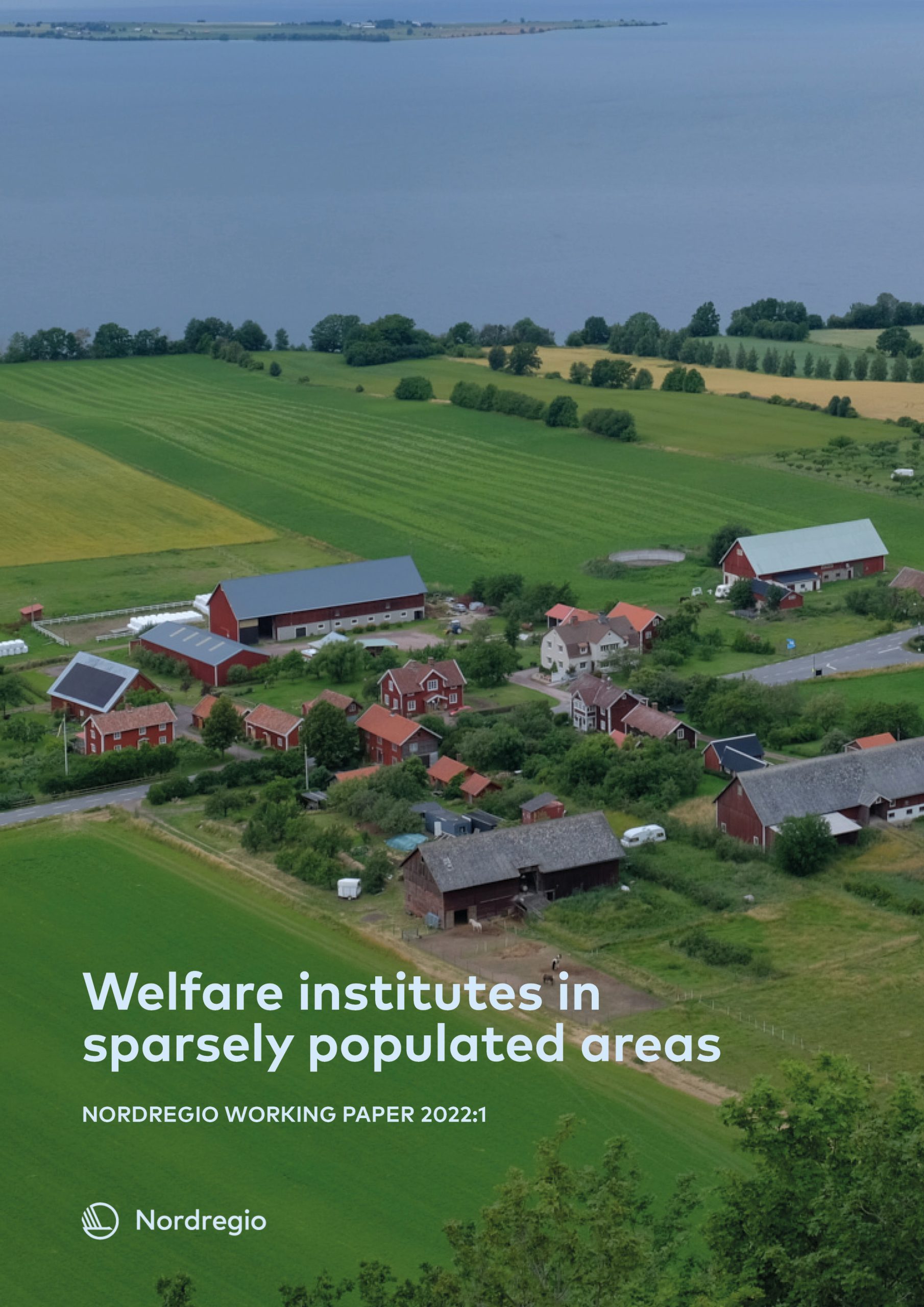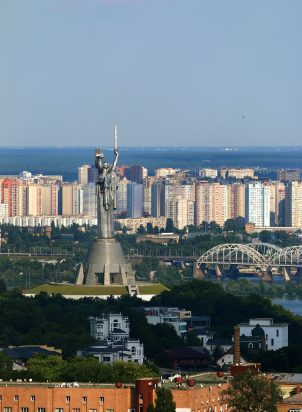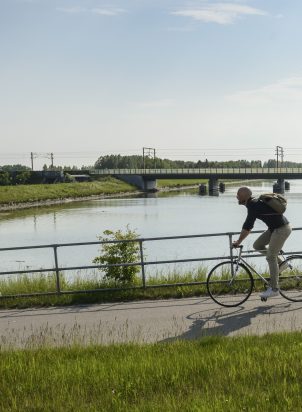This working paper is a part of Welfare institutes in sparsely populated areas (WIiSPA) project. The overall purpose of it is to clarify and determine the definition of WIiSPA and identify WIiSPA actors in sparsely populated areas (SPAs) in the Nordic Region and beyond.
Underpinning the concept of WIiSPA is the belief that the stable provision of health and social care services is crucial for regional development. In other words, a well-functioning welfare sector with effective and accessible services is a prerequisite for regional growth across different sectors in SPAs. Another important objective is to promote the development and revitalisation of welfare services in rural areas through networking and knowledge-sharing with other WIiSPA actors across the Nordic Region. Since SPAs in the Nordic countries often face similar challenges, this pan-Nordic WIiSPA network would facilitate the implementation of results and recommendations based on Nordic welfare and regional development projects. WIiSPAs would benefit from the experiences of projects like iHAC/iVOPD, which in turn would contribute to the development of health care and social care services in SPAs of the Nordic Region – with a focus on distance spanning solutions, integration of health and social care services, and recruitment and skills supply.
This working paper aims to shed light on the following project objectives:
- What components, stakeholders, and visions could constitute a WIiSPA; what elements are necessary for creating a WIiSPA? (Definition of WIiSPA)
- Identifying existing and potential WIiSPA clusters in the Nordic countries and beyond; their prerequisites, strengths, and eventual lack of components for creating a WIiSPA (Mapping of WIiSPA)
- How could a network of identified WIiSPA clusters best be developed? (WIiSPA network)
The results of this working paper are based on academic research, short interviews, and roundtable discussions. The material includes academic articles, information from websites and notes from discussions with local stakeholders.
The concept of Welfare Institutes in Sparsely Populated Areas (WIiSPA) has been adopted in recent years as part of the project Healthcare and Care with Distance-spanning technologies (Vård och omsorg på distans, or VOPD). The VOPD project was initiated by the programme for the Swedish Presidency of the Nordic Council of Ministers in 2018. It was managed by the Nordic Welfare Centre (NWC) and the Centre for Rural Medicine (GMC) and ran until June 2021. A continuation of the project, Integrated Health Care and Care through Distance Spanning Solutions (iHAC/iVOPD), was launched in 2021 and is being managed by the GMC, Region Västerbotten and the NWC. Both projects have been funded by the Nordic Council of Ministers.




